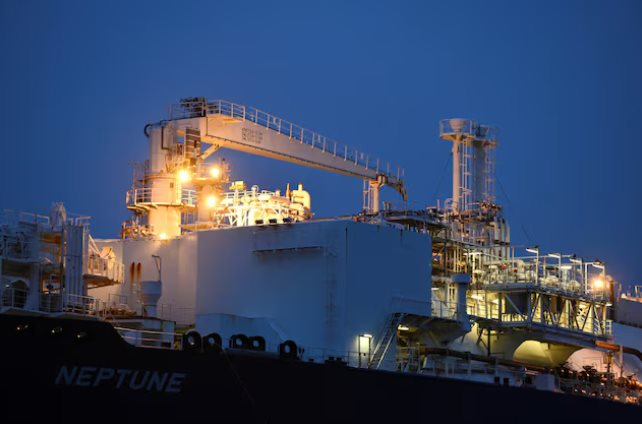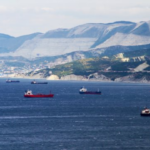
Illustrative Image
According to Reuters, Russia’s crude oil imports to Turkey saw a significant decline in September, dropping to their lowest level since April. This decrease is attributed to data from LSEG and traders, highlighting increased competition from alternative suppliers, the impact of sanctions, and mounting pressure from the United States.
Turkey currently stands as the largest European customer and the second-largest importer of sea-transported Ural oil, following India. In June, Ankara purchased approximately 1.6 million tons of Ural oil—the highest since May 2024. However, projections for September indicate a drop to around 1.2 million tons.
While Turkey has not joined Western sanctions, it must adhere to international laws and regulations, leading to fluctuating trade dynamics with Russia amid shifting global political and economic landscapes. U.S. President Donald Trump recently urged allies to halt oil and gas purchases from Russia to undermine Moscow’s critical revenue streams. Following a meeting with Turkish President Tayyip Erdogan, Trump suggested Ankara might agree to this proposal, hinting at potential U.S. sanctions relief for Turkey.
However, whether Turkey will shift its stance remains uncertain, given its long-standing cooperation with Moscow. The Kremlin emphasizes that import decisions are Turkey’s “sovereign right” and will continue if economically beneficial.
Earlier this year, Turkey’s Tupras Oil Refinery temporarily halted Russian oil purchases as Ural prices surpassed the Western-imposed cap of $60 per barrel. Imports resumed once prices fell below this threshold. However, in July, the EU and UK tightened restrictions further by lowering the price cap to $47.6 per barrel, complicating transactions.
To date, neither Turkey’s Ministry of Energy nor Russia has officially commented on the declining import trend. Observers suggest Ankara faces a delicate balance: maintaining energy security through cooperation with Moscow while navigating escalating pressure from Washington and Europe.
Amid volatile global oil prices, Turkey’s energy policy remains a focal point for market observers. Whether Ankara sustains high import levels or gradually reduces them in alignment with international demands will significantly impact the regional crude oil supply-demand dynamics.
Source: Reuters
Latest Developments on the $2.2 Billion LNG Power Plant in Quang Ninh, Led by PV Power Consortium
Cửa Ông Ward has officially announced the issuance of a land acquisition and compulsory clearance decision to facilitate the development of the Quang Ninh LNG Power Plant project.
Is Two-Tier Electricity Pricing Cost-Effective?
Implementing a two-part electricity pricing structure ensures accurate and comprehensive cost calculations, effectively eliminating cross-subsidies. However, it does not guarantee lower overall expenses.




















